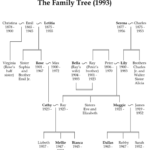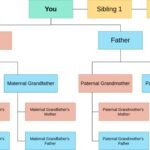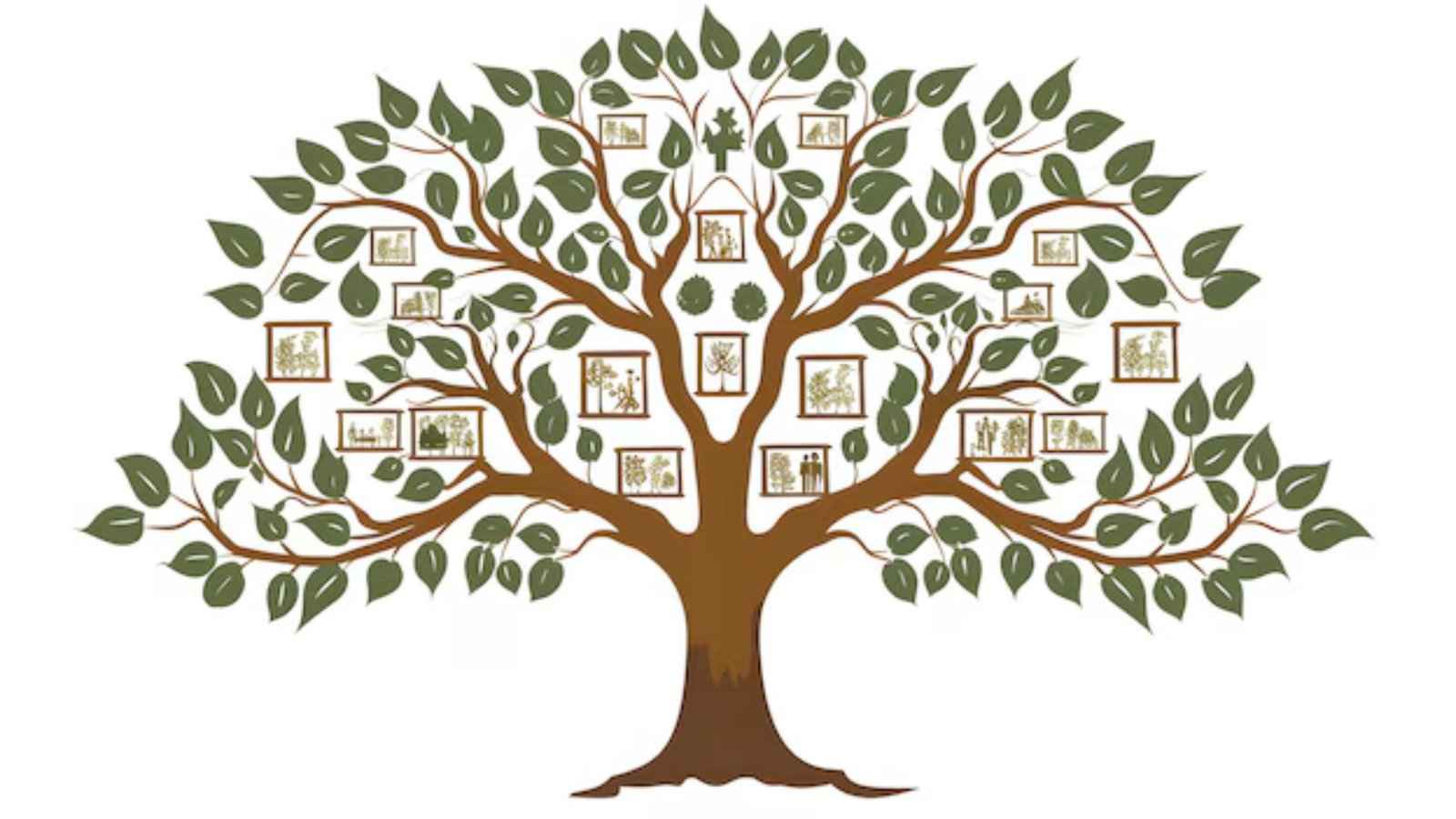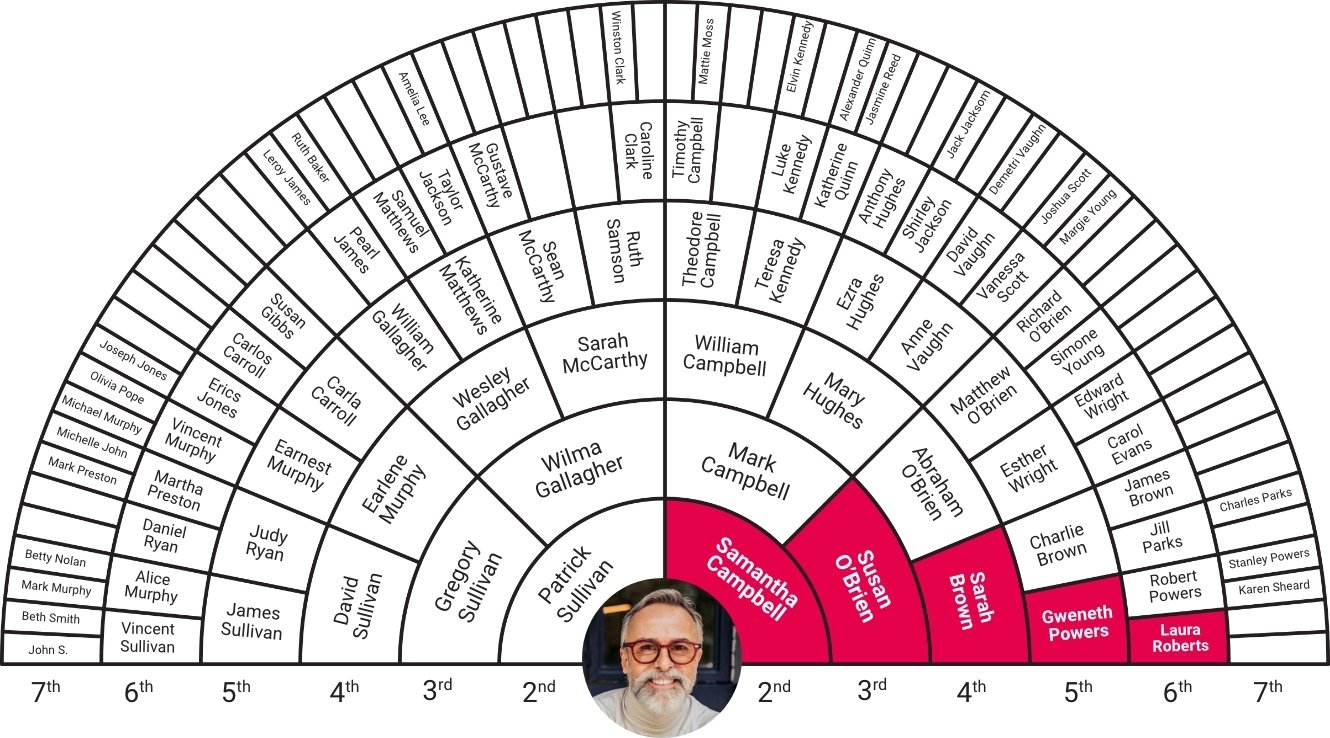A genealogical dictionary is a specialized reference resource that provides detailed information about families, individuals, and their relationships within a specific region or historical period. It is an invaluable tool for genealogists and historians seeking to understand family connections, trace ancestry, or explore the social and cultural fabric of past generations.
What Does a Genealogical Dictionary Contain?
Genealogical dictionaries typically include:
- Family Histories: Records of notable families, including names, dates of birth, marriage, and death.
- Lineages: Documented ancestry tracing back several generations.
- Relationships: Connections between individuals and families.
- Geographical Context: Insights into the regions where families lived.
- Historical Context: Information about events or social conditions that influenced family movements or statuses.
Unlike general dictionaries, genealogical dictionaries focus on preserving and documenting historical records related to lineage and family structure.
Why is a Genealogical Dictionary Important?
- Tracing Ancestry
For individuals researching their family history, a genealogical dictionary serves as a starting point. It provides organized and verified information, saving time and effort in piecing together family connections. - Preserving Cultural Heritage
These dictionaries preserve the cultural and historical details of families, often including information about traditions, professions, and significant contributions. - Understanding Historical Migration Patterns
By analyzing family histories in a genealogical dictionary, researchers can uncover migration trends, understand the movement of communities, and identify reasons behind relocation. - Building Family Trees
Genealogical dictionaries simplify the process of constructing family trees by offering pre-verified data on lineage and relationships. This data can be cross-referenced with other historical records for accuracy. - Aiding Academic Research
Historians and sociologists use genealogical dictionaries to study societal structures, inheritance patterns, and the influence of families in specific regions or eras. - Connecting with Distant Relatives
By identifying shared ancestors listed in a genealogical dictionary, individuals can connect with distant relatives and rebuild familial ties.

How to Use a Genealogical Dictionary
- Identify Your Starting Point
Gather basic information about your family, such as surnames, geographical locations, and key dates. - Search for Relevant Entries
Use the dictionary to find entries matching your family name or region of interest. - Cross-Reference Information
Validate the details from the genealogical dictionary with other resources like census records, birth certificates, or online genealogy databases. - Expand Your Research
Use the connections and lineages found in the dictionary to explore new branches of your family tree.
Where to Find Genealogical Dictionaries
- Libraries and Archives: Many public and university libraries house genealogical dictionaries.
- Online Resources: Websites like Ancestry.com and FamilySearch.org may include digital versions.
- Specialized Societies: Local genealogical societies often compile or maintain these dictionaries.
Conclusion
A genealogical dictionary is a treasure trove of historical and familial information. It is essential for anyone interested in exploring their ancestry, preserving family history, or studying social structures. Whether you are a beginner in genealogy or an experienced researcher, a genealogical dictionary provides a foundation for uncovering stories of the past and connecting with your heritage.










